Mozambique: President Chapo sees smooth progress in preparations for 50th Independence celebrations
Mozambique: Chapo launches “national dialogue” – AIM report
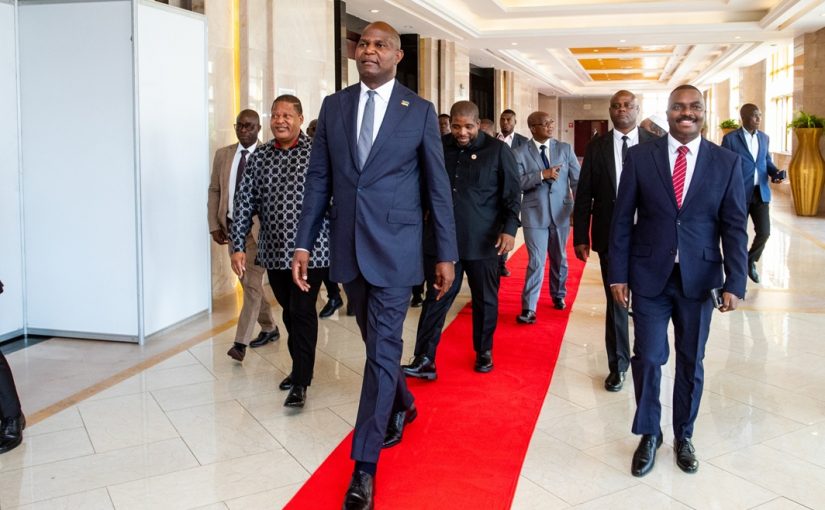
Photo: Presidency
Mozambican President Daniel Chapo on Thursday launched the “inclusive national dialogue”, which is supposed to give all Mozambicans the opportunity to discuss the future of the nation.
Speaking at the launch ceremony in Maputo, Chapo described the dialogue as “the start of a path in which Mozambique looks at itself in the mirror, listens to itself and projects its future with the strength of its diversity”.
Nobody is excluded from the dialogue, he said. “All voices count, all hands help to build, and all dreams have their place”, Chapo declared. “Not a single Mozambican is excluded. Nobody needs to make a request or write a letter to form part of this inclusive national dialogue. We are all invited”.
The country is above any differences between us, he added. “Mozambique is all of us, regardless of colour, race, sex, ethnic origin, place of birth, religion, education, social position, marital status, profession or political alignment. We are all Mozambicans, and we are all brothers”.
The President called for mass mobilization and civic engagement by all citizens, “regardless of their political affiliation, social status or place of residence.”
In reality, the entire initiative is run by political parties. Its genesis lies in a document signed by Chapo and nine political parties in March, which the country’s parliament, the Assembly of the Republic, then transformed into a law.
Most of the parties that signed the initial document are tiny and politically irrelevant. The main opposition figure, Venancio Mondlane, who was runner up in the 2024 presidential election, was not involved in those discussions, but he was eventually invited to take part in the dialogue.
The dialogue is being run by a technical commission which includes representatives of every party which signed the original document, no matter how small, but so far contains nobody from Mondlane’s political party, Anamola (National Alliance for a Free and Autonomous Mozambique).
Yet, judging by the huge crowds Mondlane draws wherever he goes, there is little doubt that Anamola is the largest force in the Mozambican opposition. Excluding Anamola from the Technical Commission, while including tiny groups that almost nobody has heard of, such as Pareso (Social Renovation Party), or Parena (National Reconciliation Party), will simply bring the Inclusive Dialogue into disrepute.
Three weeks ago, Mondlane wrote to Chapo, asking for Anamola to be included in the Technical Commission. So far, he has received no reply.
Mondlane told reporters on Wednesday that it makes sense for the runner-up in the presidential election to be represented on the Commission. “We have still received no answer”, he said, “and this raises some questions about the dialogue”.
Inclusion, Mondlane said, cannot be merely formal, and to be effective the dialogue must involve “the most active forces in the country”. He claimed that Anamola is “the fastest growing party in the country”.
He believed that Anamola’s participation in the Commission “will probably add value not only in terms of the number of participants, but also in the quality of the debate”.
The dialogue is scheduled to continue until November 2026, when Chapo should submit to the country’s parliament, the Assembly of the Republic, the consensus achieved by the political parties who signed the March agreement.
Among the documents that should be amended are the Mozambican Constitution and the electoral laws. To achieve consensus on these key documents in the space of little more than a year is a tall order.
And it is not clear what will happen if consensus proves impossible.


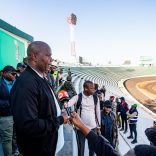
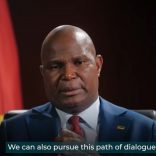

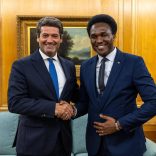
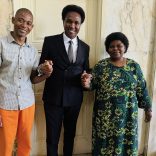
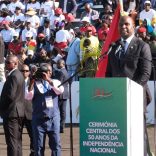
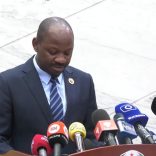
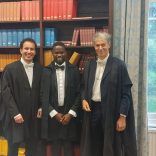
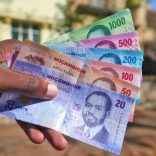


Leave a Reply
Be the First to Comment!
You must be logged in to post a comment.
You must be logged in to post a comment.